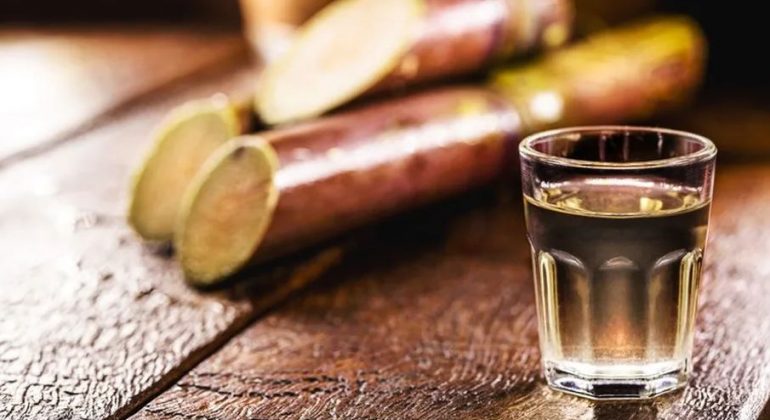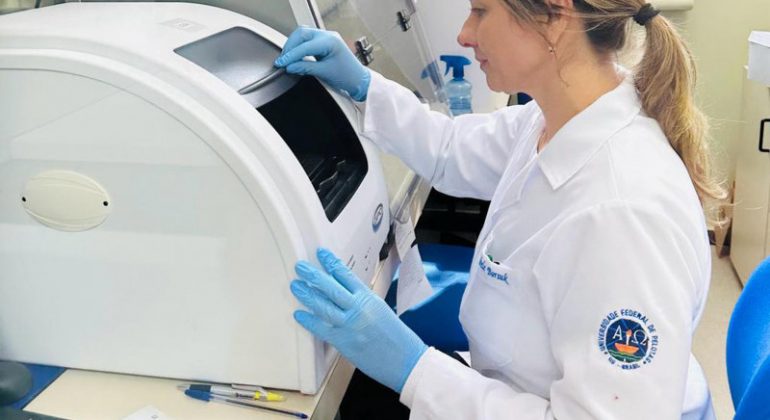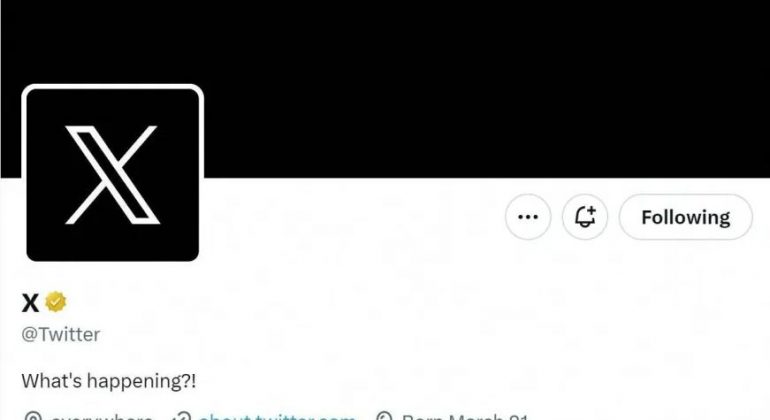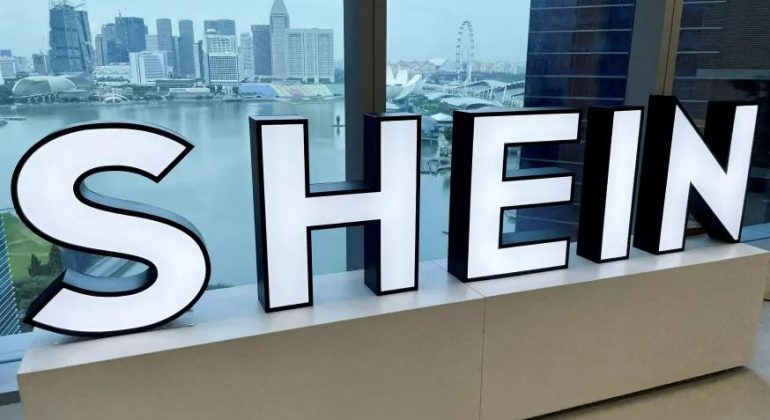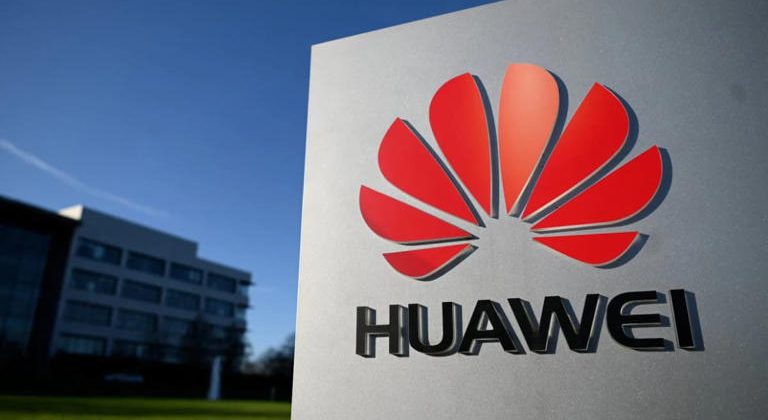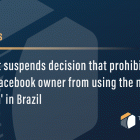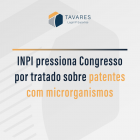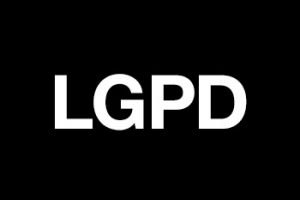Para ler esta notícia em português, clique aqui.
A tool launched this month by OpenAI seeks to feed its artificial intelligence models. Other sites such as Amazon and Wikihow also denied access.
Several newspapers and media outlets from different countries have decided to block the webpage tracking tool used by OpenAI, the creator of ChatGPT, which seeks to improve its artificial intelligence models.
The New York Times, CNN, Australian broadcaster ABC, and news agencies Reuters and Bloomberg blocked access to GPPTot, the webpage crawler launched on Aug. 8.
Other French media, such as France 24, RFI, Mediapart, Radio France, and TF1, followed suit.
“One thing that will not be tolerated is the unauthorized looting of content,” Radio France president Sibyle Veil said at a recent event.
The bot collects data on the internet
GPBTot’s mission is to collect all data and information from web pages to feed its generative artificial intelligence models.
However, the Californian startup, which made public how to prevent its robot from accessing a website’s data, is facing growing rejection from different publications.
According to Originality.ai, a tool that detects plagiarism, almost 10% of the most important pages in the world were denied access to GPBTot two weeks after its launch.
Amazon.com, Wikihow.com, Quora.com, and the Shutterstock image bank are among them. According to Originality.ai, if this pace is maintained, the proportion of sites prohibiting access to GPBTot will increase by 5% per week.
“There’s no reason why they should benefit from our content for nothing,” said Laurent Frisch, director of digital strategy and innovation at Radio France.
Copyright
Tools of the new generation of artificial intelligence (AI), capable of generating content from fragments of information, such as the ChatGPT text chat or the DALL-E 2, Stable Diffusion, and Midjourney image generators, have become very popular in the last year.
With a friendly interface, they are tools capable of creating content from simple user commands.
However, the companies responsible for these tools, such as OpenAI and Stability AI, are now facing demands from artists and content producers who allege these tools infringe on copyrights.
– Enough of us being looted by these companies that profit at the expense of our production – complained Vincent Fleury, digital director of France Medias Monde, holding company of France 24 and RFI.
Search for fair remuneration
Executives at some French media outlets also expressed concern that their content could be associated with false information. They call for open discussions on these topics with OpenAI and other AI companies.
– The media must be remunerated fairly. WeBertrand Gié, director of the News Division of the French newspaper Le Figaro, wants to obtain licensing and payment agreements.
The American news agency Associated Press (AP) signed an agreement with OpenAI in July, authorizing it to consult its archives since 1985 in exchange for access to the technology and AI expertise of the laboratory that created ChatGPT.
OpenAI has also pledged $5 million to the American Journalism Project, an organization supporting local news outlets, and an additional $5 million funding to help implement AI technologies.
A consortium of media outlets, including the AFP, Associated Press, and Gannett/USA Today, published an open letter in August urging leaders of AI companies to seek permission before using their text and images to generate content.
Source: O Globo

